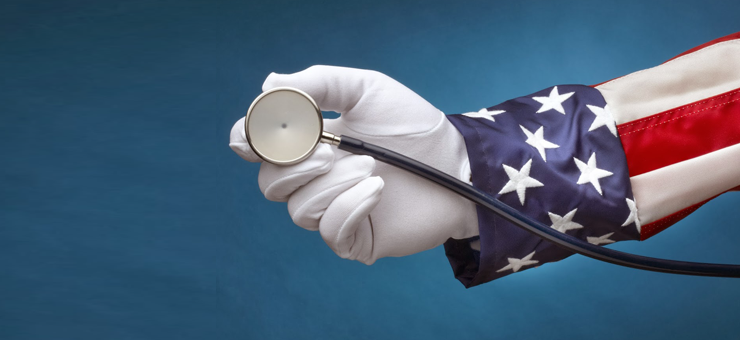A new Health IT bill, that aims to reduce regulatory burden in the industry, is drawing backlash from mHealth advocates. They believe that this bill puts lives at risk, and damages the industry.
The Preventing Regulatory Overreach to Enhance Care Technology (PROTECT) Act of 2014, which was introduced by Sens. Angus King, an independent from Maine and Deb Fischer, a Republican from Nebraska, aims to clarify the extent to which the US Food and Drug Administration Authority (FDA) can regulate Health IT. The proposed bill aims to limit the FDA’s focus on technologies that pose the greatest health risk, rather than giving the agency complete authority over low-risk Health IT and therefore hindering innovation.
However, a Washington DC lawyer Bradley Merrill Thompson advocating mHealth Regulatory Coalition, terms the proposed bill a “meat cleaver” that would do a lot of damage if passed, particularly to clinical decision support applications.
“The PROTECT Act would declare all such mobile apps unregulated, regardless of risk,” he said in an e-mail exchange with mHealth News. “That is a colossally bad idea, both for patients who would be put at risk, but also for (an) industry that would be dragged down by apps that don’t work, and destroy the credibility of the industry.”
“What we need is a more refined approach that distinguishes high-risk apps from low-risk, and allows the FDA to continue its role with high-risk apps,” Thompson said. “No one yet has come up with the right conceptual approach for distinguishing clinical decision support apps based on risk, and in my opinion we ought to continue to work with the experts at the agency to develop that more nuanced parsing. It is not the right time for legislation.”
Thompson thinks the proposed legislation is similar to the SOFTWARE Act of 2013, proposed by Marsha Blackburn, a Republican from Tennessee. In his opinion, both look to reduce the FDA’s regulatory powers by deregulating what legislators feel is low risk Health IT such as EHRs, practice management and wellness apps. Both pieces of legislation aim to free mHealth technology that needs to be regulated, according to Thompson.
